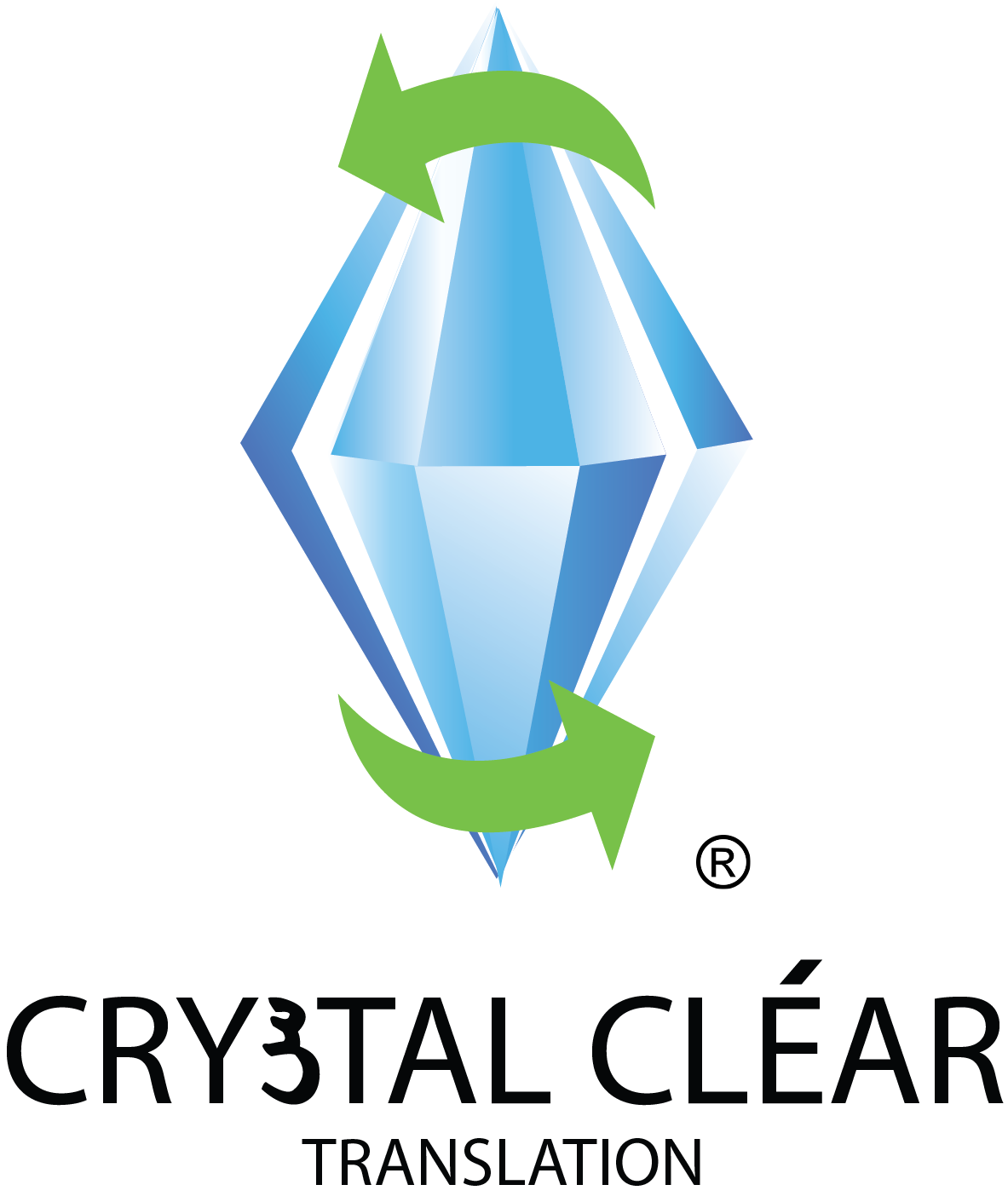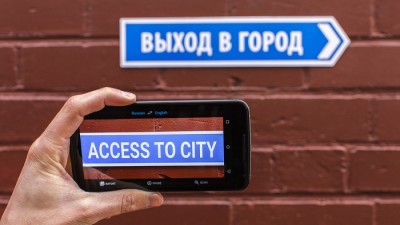Working in the linguistics and translation field can be an extremely rewarding career. Your job role can vary day to day and offer an exciting and diverse work-life balance. Many people believe that translation is a simple role, however there is a lot more to it than the ability to speak a language well. With a vast array of career prospects available to prospective students, the job market is incredibly competitive. But what does it take to become a professional translator? What does one have to attain to succeed in the field?
What do translators do day-to-day?
It’s important to note that translators and interpreters are not the same, this is a common misconception- but in fact, the differences are quite straightforward. Translators work with a written text or document whereas an interpreter deals with spoken dialogue.
The typical aim of a translator is to translate documents and other material from one language into another, known as the target language. Usually, the translator will be fluent or native to the target language. This is something that all clients will look for when selecting the right professional for their case load or project.
There are many types of content in which a translator may be called upon for. This can include legal documents, marketing and advertising campaigns and even projects involving the media. If you have ever watched a film with subtitles, this is a prime example of a translator in action. Whatever the aim of the project, there is likely a professional that will suit your needs. It is important to ensure that the translator being used has proven experience in the specific area. Early on in your career, you will be able to select specific areas to specialise in- this can be an area of particular interest to you.
What specific skills are needed to be a translator?
A fully qualified translator will need to acquire a certain skill set in order to get the most out of their career. Some of these skills are listed below:
- A cemented knowledge of culture within the target language country- this is something that can be obtained by living and working in that location over a significant period. Whilst not absolutely essential, it is extremely advantageous.
- Complete fluency or native understanding of the language or languages chosen to specialise in.
- Exemplary reading and writing skills in ones native tongue.
- A keen eye for detail and the ability to edit and proofread meticulously
- It is ideal to have a degree in the source languages selected as an area of expertise.
What qualifications do you need to become a professional translator?
Although anyone with fluent knowledge of more than one language can translate, working as a paid, ‘official’ translator usually requires some level of qualification. If you wish to translate in areas involving law, medicine, and government/administration for example, specialist knowledge is often non-negotiable, so having a specific qualification under your belt is hugely advantageous career-wise. The main types of qualification are:
- A postgraduate degree – many universities offer MAs in Translation or Translation Studies, which is particularly helpful if you hold an undergraduate degree that is not in a language-based subject. Translation MAs will usually cover the theory and practice of translation as well as offer instruction in how to translate for specific sectors. A list of postgraduate courses (for UK residents) can be found here
- A language-based undergraduate degree – having a degree in a second (or even third) language (particularly with evidence of having focused on translation/translation modules) is very useful for anyone looking to go into translation as a career.
- A Diploma in Translation (DipTrans) from the Chartered Institute of Linguists (CIOL) is one of the most respected translation qualifications available, providing high-level specialised training in many different areas of the discipline. A fee-paying course, the diploma is well worth the money as it is an internationally recognised qualification, meaning that you can – in theory – work anywhere in the world.
- Relevant translation experience – in some cases, having proven translation experience can look just as good as any official qualification/diploma, particularly if said experience involves working for voluntary organisations like Translators without Borders and UN Volunteers.
What careers are there for translators?
Because practically every job in the world uses spoken and written language, opportunities involving translation are everywhere. Here is a non-exhaustive list of some of the areas and roles into which having translation qualifications or experience can lead you:
- Literary translation– working as a literary translator involves translating literary text from one language into another. Because of the importance of capturing the original author’s language, style, and meaning, working as a literary translator is a good job for anyone interested in writing and the world of books and who has prior experience in translating literary material (such as fiction, non-fiction, poetry, magazine articles etc.). Due to the level of skill required, the job of a literary translator is one of the higher-earning translation jobs.
- Healthcare/medical translation – a highly in-demand and very rewarding job, working as a medical translator can often make a difference to the quality of care and treatment that a patient receives. Translating medical documents, brochures, and patient and pharmaceutical information is also a major part of being a medical translator and requires specific knowledge to undertake. Because clients’ wellbeing is often on the line, working as a medical translator can be fairly high pressure, but also well-paid.
- Localisation – localizers are tasked with translating texts and graphics used in various forms of media, ranging from advertisement to video games. The localizer must make text seem as if it originated in the target country – for example, media translated for Latin American audiences will need to use expressions and vocabulary that are local to whatever area it will be displayed or sold in, rather than just using a generic ‘standard’ Spanish translation which can seem clunky or inauthentic. Working in localisation is one of the more ‘fun’ areas of translation, as often localisation jobs deal with a diverse range of topics that use casual, everyday language.
- Business translation – most businesses are always looking to expand (especially on an international level) and as a result, translators with knowledge of business terminology and jargon are always in demand.
- Government translation – although most translators work on a freelance basis, some government departments specifically recruit experienced translators to work with them, including MI5, MI6, the FCDO (Foreign, Commonwealth and Development Office), and GCHQ (Government Communications Headquarters). There are also opportunities to work for international government organisations such as the United Nations. It is worth noting, however, that official government organisations are more likely to take on translators who have a little more experience behind them, particularly when it comes to translating in matters of diplomacy or for humanitarian issues.
Concluding Thoughts
Although getting started requires some patience, becoming qualified to work as a translator will lead to a career that is nothing if not unique. Because so many sectors of employment require translators and prefer to use humans rather than machines to ensure accuracy and correct localisation, there is always work to be found for any proficient linguist. To find out more about the specific translation services that we offer at Crystal Clear Translation, you can visit us here.


